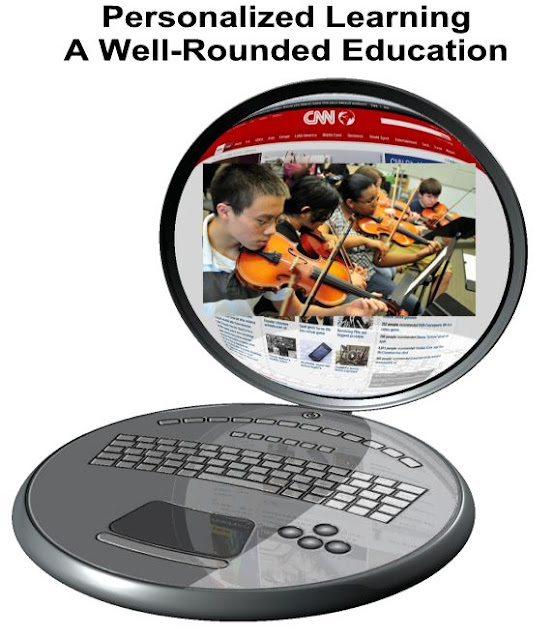Are Teachers Becoming Obsolete?
A veteran educator reflects on the personalized-learning trend that’s left him wondering if a computer is more capable of doing his job than he is.
Leaving my school building the other day, I had an unexpected realization: Perhaps a computer was a more effective teacher than I currently was. The thought unnerved me, and still does as I’m writing this. I’m a nearly 13-year veteran educator dedicated to reflecting upon and refining my teaching craft. But I’m now considering the real possibility that, for at least part of a class period or school day, a computer could—and maybe should—replace me.
For the past several weeks, I’ve begun class with a simple routine: Students enter the room, grab a new Chromebook, log on to the Reading Plus program, and spend roughly 20 minutes working at their own pace. I stroll around the room and help with technology troubleshooting or conference with students, quietly chatting about academic progress or missing work. I’ve also found myself pausing, marveling at what this program promises to accomplish: meeting students where they are academically and, at least in theory, helping a wildly diverse group of students improve their literacy skills.
Developments in education technology promise to assist teachers and school systems in supporting struggling students by providing individualized instruction. But at what cost? As a teacher, it’s difficult to adapt to and embrace a machine that—at least for part of the time—takes over for me. The processes of teaching and learning are complex and innately human; I value the time I take to develop relationships with my students. But it’s hard not to wonder if that time could better be spent with adaptive learning technology.
My third-period sophomore English class at Fern Creek High School in Louisville, Kentucky, contains a wonderful mix of students hailing from the neighborhood and around the globe—my students represent Jordan, Afghanistan, Democratic Republic of Congo, Tanzania, Russia, and Mexico. I’ve thoroughly enjoyed getting to know how students arrived in our classroom in addition to hearing about their hopes, fears, and dreams. With this diversity also comes a huge range of student ability. Computerized reading assessments and other benchmarked tests reveal that roughly 90 percent of my class isPersonalized Learning Increases Role of Computers in Class - The Atlantic:



